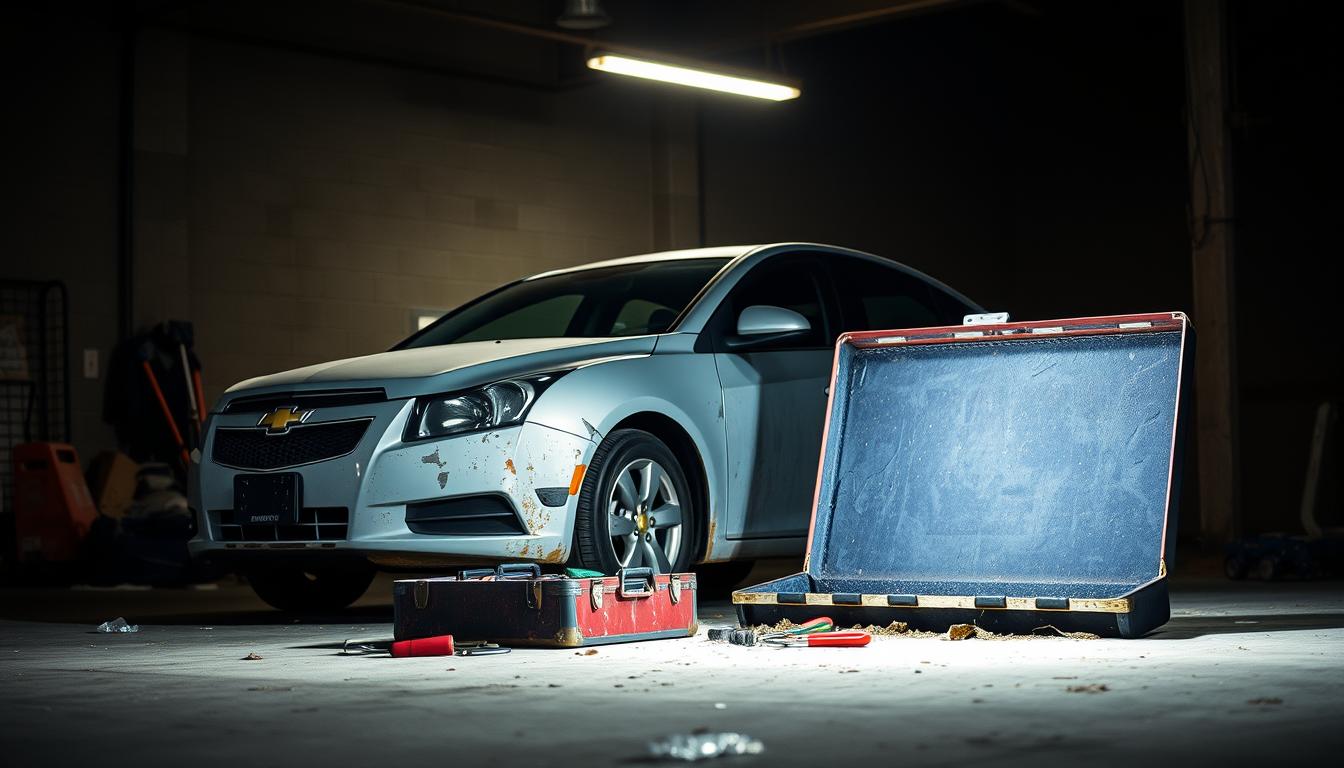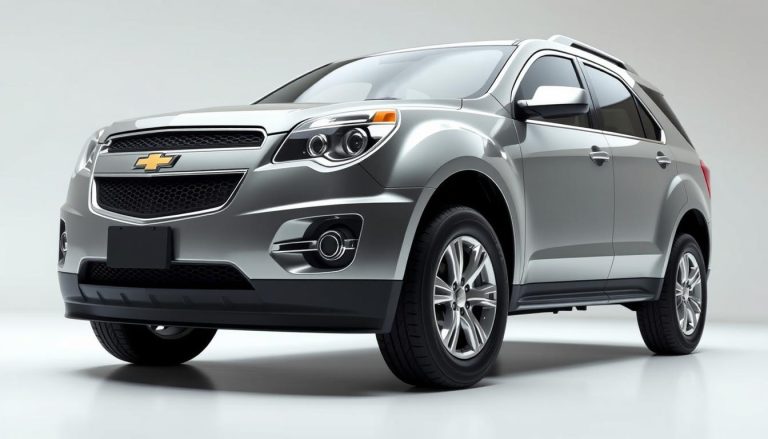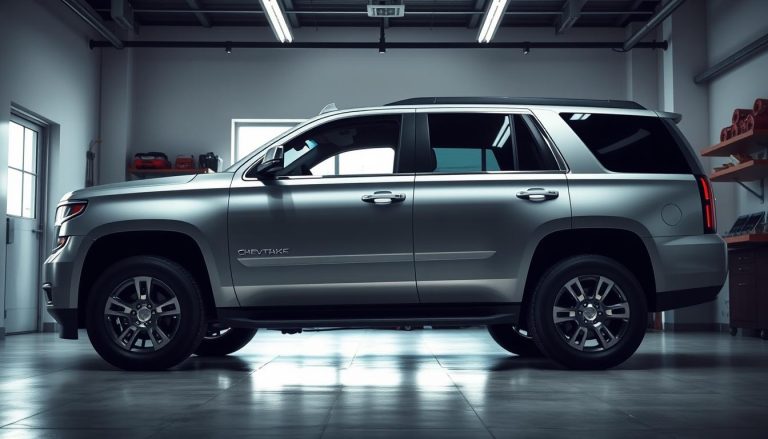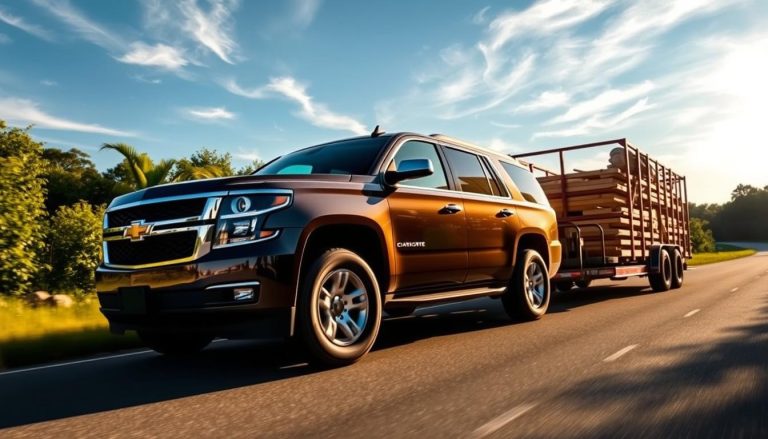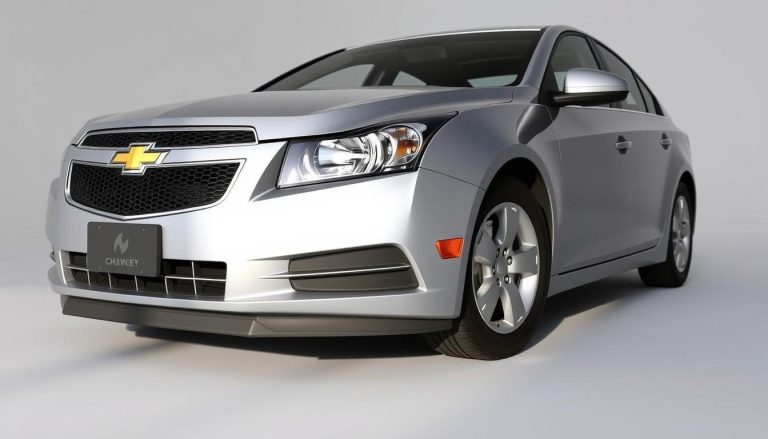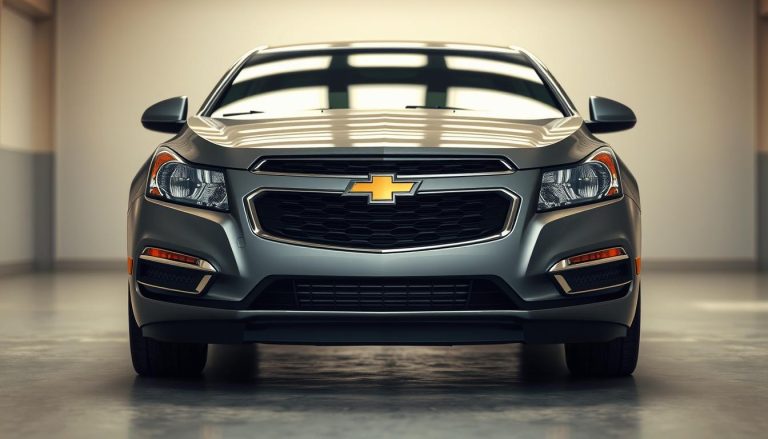Chevy Cruze: The Model Years You Should Steer Clear Of
The Chevy Cruze stands out in the small car market. But not every year model is up to par. Some years are known for engine issues and constant transmission failures. This article focuses on the chevy cruze years to avoid. Our goal is to help you choose wisely to dodge costly repairs and the chevy cruze known issues.
Introduction to the Chevy Cruze
The Chevy Cruze stepped into the compact car world with a bang. It became well-liked for its great gas mileage and new features. Yet, some years of the Cruze didn’t do as well as others because of maintenance issues.
General Motors launched the Cruze in the U.S. in 2009 for the 2010 year. It was affordable, efficient, and looked good. Over time, it got new engines, better infotainment, and safety features. But, some years of the Cruze had big problems, making buyers wary.
Redesigns and added features made the newer models much better. However, the early ones had issues like engine and transmission failures. Knowing this helps buyers steer clear of problematic Cruze models and find a reliable car.
Common Problems with Chevy Cruze
The Chevy Cruze has faced many technical problems. These range from engine troubles to transmission issues and electrical glitches. We’ll go over each area to help potential buyers fully understand what they might face.
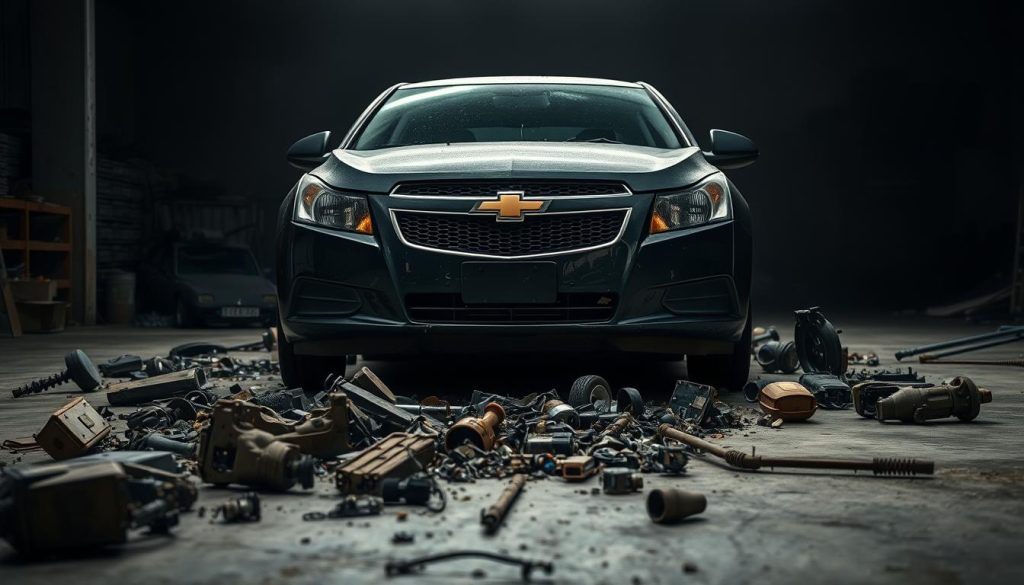
Engine Issues
Engine problems are very common with the Chevy Cruze. Owners often talk about the car stalling or losing power. This makes driving risky and less enjoyable.
Overheating and coolant leaks are also big issues. They make the problems even worse.
Transmission Failures
Transmission troubles are also a major headache for Chevy Cruze owners. The car might shift strangely or hesitate when you try to speed up. Sometimes, the transmission might even stop working completely.
Fixing these problems can be very expensive. It also makes owning the car a big hassle.
Electrical System Malfunctions
There are several electrical issues with the Chevy Cruze too. For example, the dashboard lights might not work right. Electronic systems can act up, and sensors might fail.
These problems can mess with many features of the car. They can also make the car less safe to drive.
Specific Chevy Cruze Years to Avoid
The Chevy Cruze is known for being a popular compact car. But, certain model years have been less reliable. Of note, the 2011, 2012, and 2013 models have had constant reliability problems. These issues have hurt the brand’s image.
The Infamous 2011 Model
The 2011 Chevy Cruze had big hopes when it was released. Yet, it was quickly known for troubling engine issues. Problems like coolant leaks and overheating troubled many owners. Early on, there were many complaints. These pointed out the car’s struggle with lasting reliability.
Problems with the 2012 Chevy Cruze
The 2012 model seemed promising at first. Still, it had serious chevy cruze reliability issues. It was known for transmission problems that cost a lot to fix. Also, many faced electrical issues. These led to unexpected power loss and errors with dashboard signals.
Trouble with the 2013 Model
The 2013 Chevy Cruze also had issues. Despite attempts to fix earlier problems, troubles continued. Owners often reported brake system problems. These included quick wear and unreliable stopping. So, this model is another one to be wary of.
These troubling years show a pattern of mechanical and electrical faults. These problems hurt the car’s reliability. People thinking of buying a Cruze should be cautious with these years.
Why the 2014 Chevy Cruze Faces Criticism
The Chevy Cruze was supposed to get better every year. Yet, the 2014 model still faced a lot of critique. It had ongoing engine and transmission problems that upset both owners and those thinking of buying it.
More Reports of Engine Troubles
The 2014 Chevy Cruze’s engine problems were a big headache for its drivers. People often complained about the engine stalling, getting too hot, and using too much oil. These problems could cause the car to break down without warning, hurting its reliability and making it more expensive to keep running.
Continued Transmission Issues
Besides engine problems, the 2014 Cruze also had transmission woes. Users spoke of gears slipping, shifts happening too late, and sometimes the transmission would completely fail. These chevy cruze transmission problems made the car hard to trust and use, keeping its bad image alive.
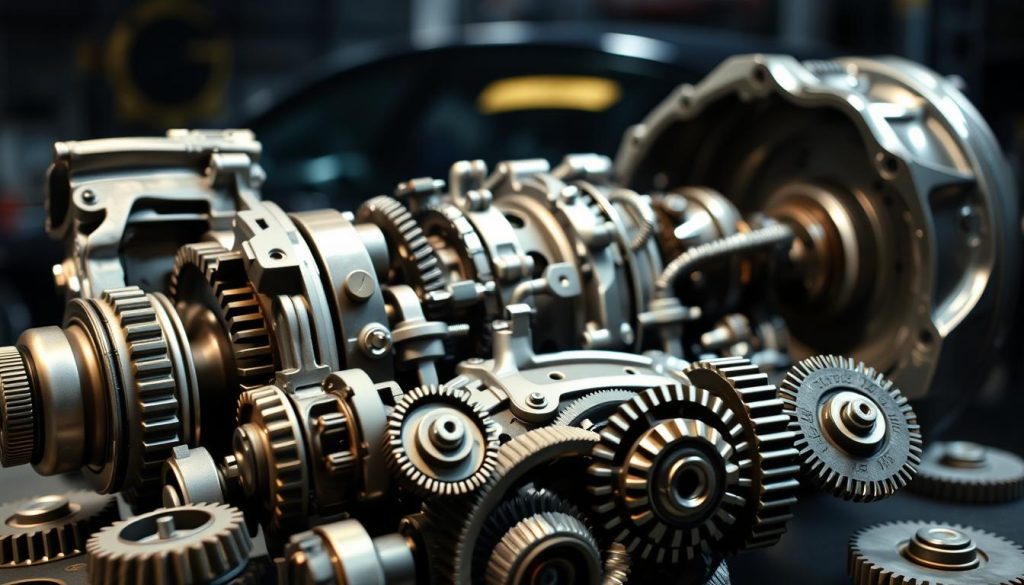
Due to these ongoing engine and transmission issues, many people decided not to buy the 2014 Chevy Cruze. They preferred cars that were known to be more reliable.
2015 Chevy Cruze Maintenance Concerns
The 2015 Chevy Cruze made an effort to improve from past models. Yet, it brought new maintenance issues to consider. Owners often face challenges that need careful attention. Here’s a closer look at these concerns.
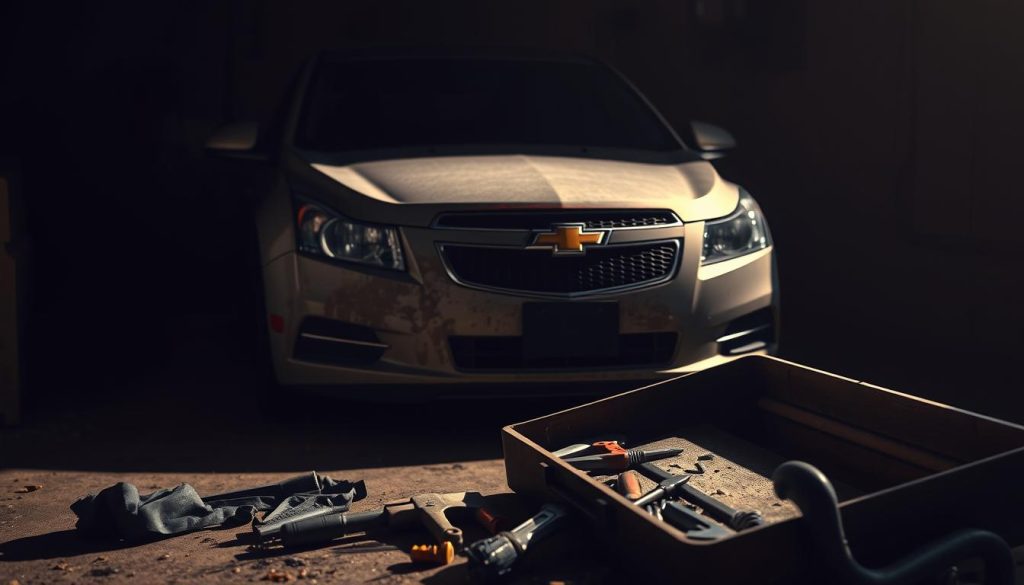
The cost of ownership plays a big part for the 2015 Chevy Cruze. Though it may seem budget-friendly at first, repair costs can add up quickly. Important areas to watch include:
- Engine maintenance
- Transmission repairs
- Electrical system troubleshooting
It’s vital to know how much you might spend. Owners have reported ongoing problems with the 2015 Chevy Cruze, especially in areas like:
| Maintenance Concern | Average Cost |
|---|---|
| Engine Repairs | $1,200 – $2,500 |
| Transmission Issues | $1,000 – $3,200 |
| Electrical System Failures | $500 – $1,200 |
These chevy cruze maintenance concerns are vital to know. They affect the car’s use now and its reliability later. Many owners are unhappy with the frequent repairs needed on the 2015 model.
Regular upkeep is crucial, especially for the 2015 Chevy Cruze. Staying on top of maintenance can help with some issues. Being aware of potential costs and common problems helps owners make smart choices.
Chevy Cruze Reliability Issues in 2016 Models
The 2016 Chevy Cruze aimed to fix past issues with new engineering. But, it still had chevy cruze known issues that hurt its reliability. Even with a new look and better tech, the 2016 model had old problems.
Engine issues were a big worry. The 1.4L turbo engine often had oil leaks and coolant failures. These problems made the chevy cruze reliability issues worse, upsetting owners.
The car’s electrical system also caused headaches. The 2016 Chevy Cruze’s infotainment system would act up, ruining the experience. This added to the chevy cruze known issues and made the car less enjoyable to use.
Transmission issues were another problem. Drivers often felt rough gear shifts, making for a bumpy ride. This emphasized the chevy cruze reliability issues and lowered satisfaction with the car.
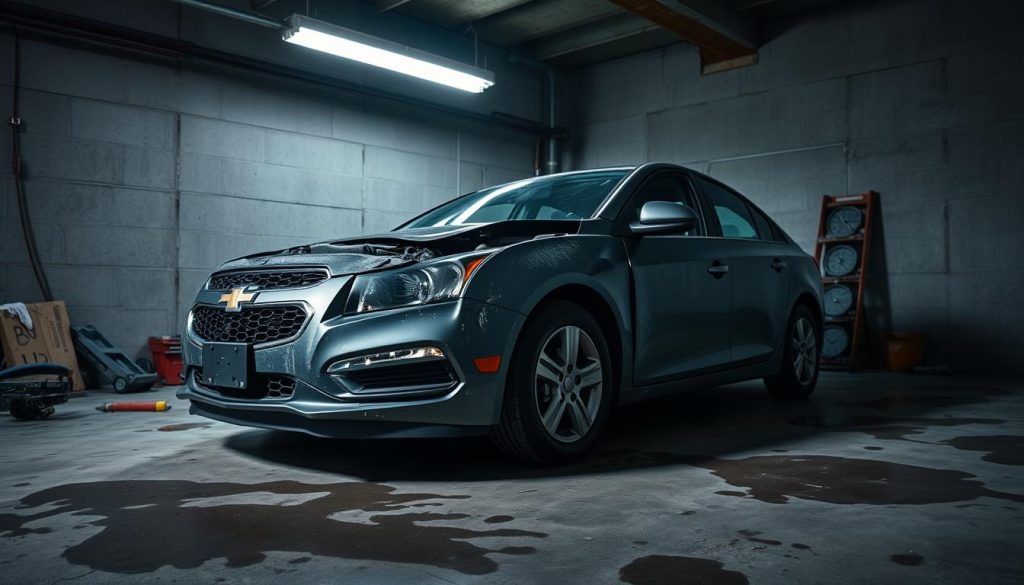
If you’re thinking about buying one, it’s important to know about these issues. Here’s a table showing the most common problems and what they mean:
| Problem Area | Common Issues |
|---|---|
| Engine | Oil leaks, Coolant system failures |
| Electrical System | Infotainment system malfunctions |
| Transmission | Rough gear transitions |
Learning from the 2017 Chevy Cruze Red Flags
The 2017 Chevy Cruze showed improvements from past models but still had issues. Despite better design and tech, owners found serious problems. Future buyers should know about these issues.
A big problem was the fuel system. People had issues with the fuel injector, causing bad fuel efficiency and cars stalling. Chevrolet tried to fix these issues, but the repetition of these problems warrants careful consideration.
Also, the 2017 Chevy Cruze had electrical problems. Buyers faced issues with the infotainment system and the wiring. This affected Chevrolet’s reliability.
To give a clear overview, the table below lists the main issues found with the 2017 model:
| Issue | Details |
|---|---|
| Fuel System | Consistent problems with fuel injectors and efficiency |
| Electrical Issues | Frequent malfunctions in infotainment and wiring |
Knowing these chevy cruze red flags helps buyers make wise choices. They might consider other models or years where these problems were better handled.
Latest Models: Are They Any Better?
The Chevy Cruze has started to show real promise after 2018. The improvements make us wonder if they’re finally reliable as promised.
Improvements in the 2018 Model
In 2018, the Chevy Cruze took a big leap forward. It got better in engine power, transmission, and electronics. This has led to less mechanical trouble and a smoother ride for many.
Are 2019 Models Reliable?
The 2019 chevy cruze kept up the good work, adding better safety and build quality. Drivers have seen fewer issues, making this Cruze a smart buy.
What to Expect from the 2020+ Models
The 2020 Chevy Cruze models look very promising. They offer better technology, fuel economy, and design. Early reviews say this might be the most reliable Cruze yet.
Conclusion
The Chevy Cruze has had its ups and downs over the years. We’ve highlighted the years to avoid, like 2011 to some 2016 and 2017 models. These cars may have engine, transmission, or electrical issues.
It’s crucial to do your homework before buying a used car. Steering clear of problematic Chevy Cruzes can save you time, money, and stress. Thankfully, models from 2018 onwards are much better, showing improved reliability and performance.
This guide is a handy tool for those considering a Chevy Cruze. It helps buyers make wise choices, avoiding the bad years and focusing on the good ones. That way, you can enjoy a Chevy Cruze without worrying about its past problems.

